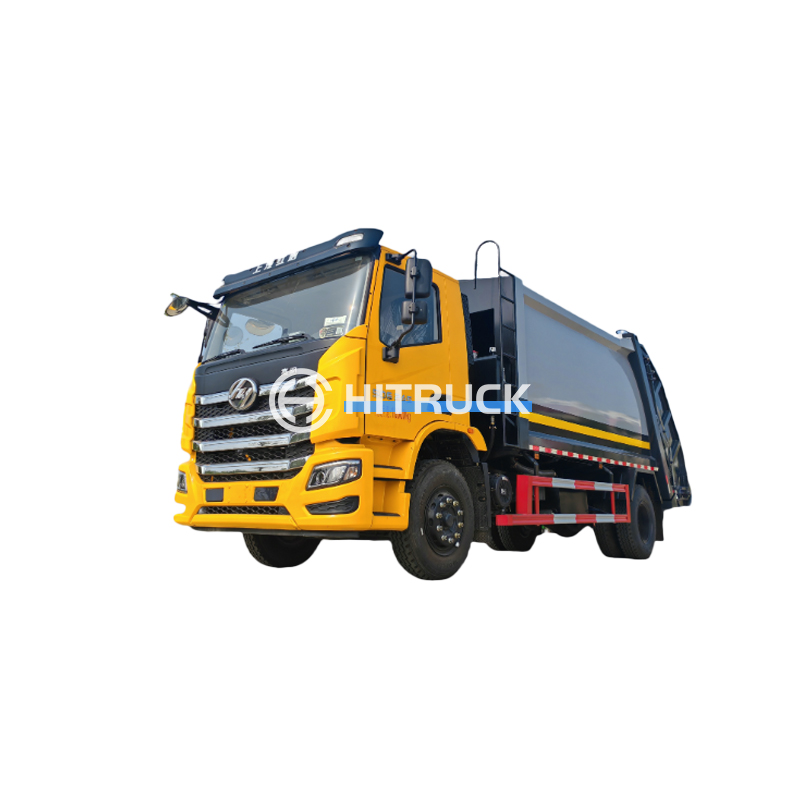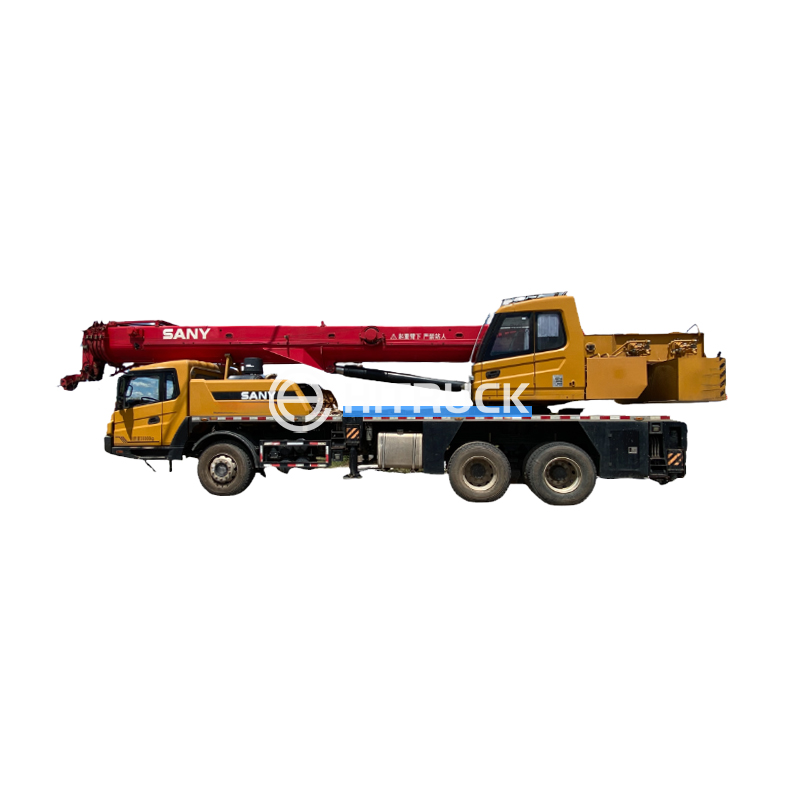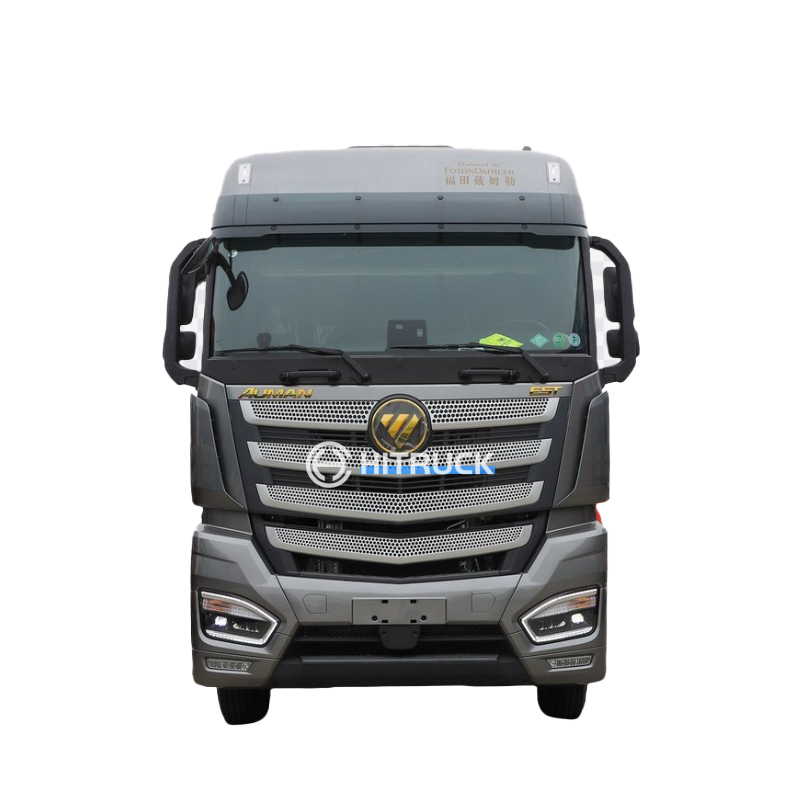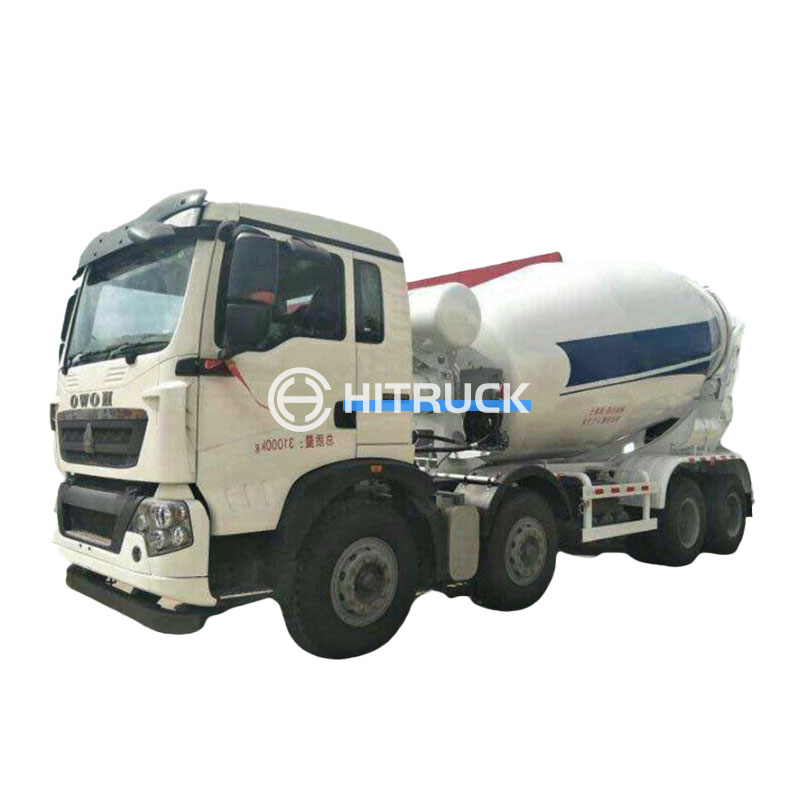Mini Cement Mixer Trucks: A Comprehensive GuideMini cement mixer trucks, also known as small cement mixers, are invaluable tools for various construction projects. This guide provides an in-depth look at their capabilities, selection process, and maintenance. We'll cover everything from choosing the right size for your needs to understanding the different types available and ensuring the longevity of your mini cement mixer truck investment.
Choosing the Right Mini Cement Mixer Truck
Selecting the perfect
mini cement mixer truck depends on several factors. The most crucial factor is the scale of your projects. Small-scale residential jobs might only need a smaller, more maneuverable model, while larger commercial projects may demand a higher-capacity
mini cement mixer truck.
Capacity Considerations
The drum capacity is measured in cubic feet or cubic meters. Consider the average amount of concrete you'll need per project. Overestimating leads to unnecessary expense, while underestimating can cause delays and inefficiencies. Always factor in some extra capacity to account for unforeseen needs.
Power Source Options
Mini cement mixer trucks are typically powered by gasoline or diesel engines. Gasoline engines tend to be lighter and more affordable, ideal for smaller projects. Diesel engines offer more power and torque, better suited for larger and more demanding tasks. Consider the fuel availability and cost in your area when making your choice.
Maneuverability and Accessibility
The size and maneuverability of the
mini cement mixer truck are critical, particularly on smaller job sites with limited space or challenging terrain. Smaller models offer exceptional maneuverability, while larger ones may require more space to operate efficiently. Think about the access points to your job sites – will a larger
mini cement mixer truck be able to navigate narrow streets or tight corners?
Types of Mini Cement Mixer Trucks
The market offers several types of
mini cement mixer trucks catering to specific needs. Understanding these differences will aid your decision-making process.
Self-Loading Mini Cement Mixers
These models combine mixing and loading capabilities, enhancing efficiency and reducing the need for separate loading equipment. Ideal for projects with limited space or labor. However, they tend to be more expensive than standard models.
Standard Mini Cement Mixers
These are the most common type, requiring separate wheelbarrows or other equipment to load the mixer. They are generally more affordable and readily available. Their suitability depends on the project size and availability of loading assistance.
Maintenance and Longevity
Regular maintenance is key to prolonging the life of your
mini cement mixer truck.
Routine Checks
Regularly inspect the engine oil, coolant levels, and tire pressure. Addressing these elements promptly prevents costly repairs down the line. Clean the drum after each use to prevent concrete buildup and corrosion.
Professional Servicing
Schedule regular professional servicing to address any potential issues early. A well-maintained
mini cement mixer truck will perform optimally, and reduce the risk of unexpected downtime. Consider consulting a reputable dealer for maintenance guidance and recommendations.
Where to Buy Your Mini Cement Mixer Truck
For a wide selection of high-quality
mini cement mixer trucks and excellent customer service, explore the options available at [
Suizhou Haicang Automobile sales Co., LTD]. Their expertise and commitment to customer satisfaction make them a reliable source for all your construction equipment needs.
| Feature | Small Mini Cement Mixer | Large Mini Cement Mixer |
| Drum Capacity | 0.5-1.5 cubic meters | 2-5 cubic meters |
| Engine Power | 10-20 HP | 30-50 HP |
| Maneuverability | High | Moderate |
| Price | Lower | Higher |
Remember to always prioritize safety when operating a mini cement mixer truck. Wear appropriate personal protective equipment and follow all manufacturer safety guidelines.












